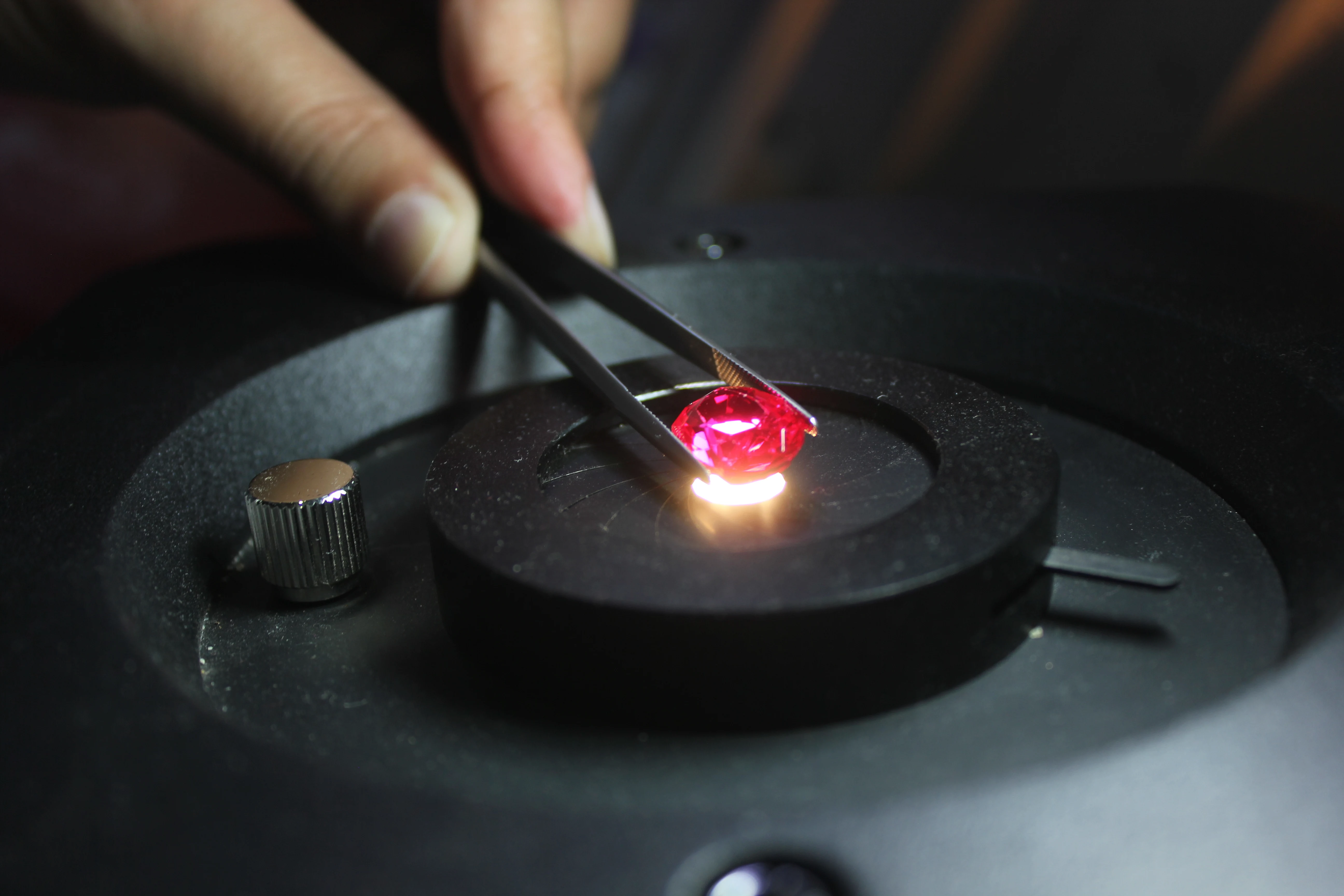Unlocking the Secrets of Gemstones: The Role of a Certified Gemological Laboratory
The world of gemstones has long held a mesmerizing allure. Whether it's the radiant sparkle of a diamond, the deep, alluring hue of a sapphire, or the captivating play of color in an opal, these natural wonders have fascinated humanity for centuries. However, in an industry that is rife with imitations and fraud, how can one be certain of the authenticity and quality of these precious gems? The answer lies in the invaluable services provided by a Certified Gemological Laboratory.

The Importance of Certification
A Certified Gemological Laboratory plays a pivotal role in the gemstone industry by providing the expertise and impartial assessment needed to determine the authenticity, quality, and value of gemstones. These laboratories are staffed with highly trained gemologists who possess the knowledge and skills necessary to evaluate gemstones with precision.
The Certification Process
Gemological laboratories employ a rigorous process to examine and grade gemstones. This process typically includes the following steps:
Authentication: The first and foremost task is to confirm the identity of the gemstone. Is it truly what it's claimed to be? Whether it's a diamond, an emerald, or any other gem, gemologists employ a range of tests and instruments to identify the type of stone.
Grading: Once authenticated, the gem is graded based on the "Four Cs" for diamonds (Carat weight, Color, Clarity, and Cut) and other relevant factors like color, size, shape, and origin for other gemstones. This information is essential for buyers and sellers alike, as it directly influences the gem's value.
Quality Assessment: Beyond the Four Cs, a gemological laboratory will evaluate a gem's overall quality, including its luster, transparency, and any visible flaws or inclusions.
Origin Determination: In some cases, the laboratory may use specialized equipment and expertise to ascertain the gem's country of origin, which can significantly impact its value.
Enhancement Detection: Gemologists also inspect the gem for any enhancements, treatments, or alterations, which can affect its value and desirability.
Report Generation: The laboratory issues a detailed gemological report, often called a certificate, summarizing their findings. This report serves as an invaluable document for buyers, sellers, and appraisers.
Benefits of Using a Certified Gemological Laboratory
Confidence in Quality: Consumers can buy gemstones with confidence, knowing that they have been thoroughly examined and authenticated by experts.
Accurate Valuation: Sellers can accurately price their gemstones based on their true quality and characteristics.
Trust and Transparency: The certification process promotes trust and transparency in the gemstone trade, discouraging fraudulent practices.
Insurance and Appraisal: Certified gemological reports are essential for insurance purposes and estate planning, ensuring accurate valuation in the event of loss or sale.
Investment Security: For those who invest in gemstones, certification provides a basis for evaluating the gem's potential for appreciation over time.
Fore More Info-: